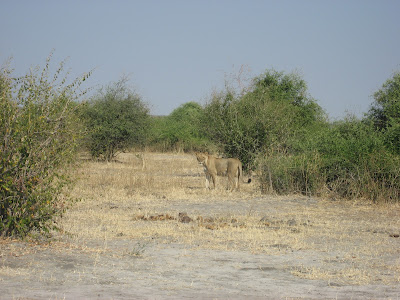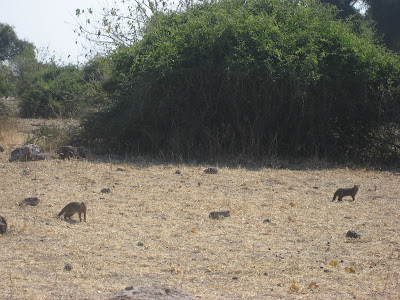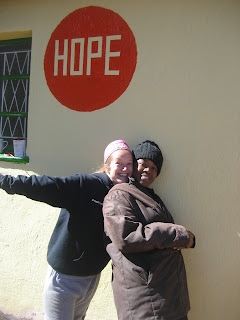Many of us [PCVs] have started thinking about what we may
want to do after Peace Corps service. We
have exactly 9 months left in Botswana.
Sometimes it seems like a long time.
But lately, it seems incredibly short.
For those of us wanting to go to graduate school, we must think about
taking entrance exams, writing essays and submitting applications. At the time when our service is heating up
and we may feel busier than before, our minds begin to take us away from
Botswana.
For me, part of the question of “what’s next” isn’t just
about what I will do. It’s also about
where I will live. How do I feel about
going back to the states? I have been
talking a bit with some of the volunteers who left Botswana in June. Some have transitioned back really well, are
happily reunited with family, friends and significant others. Yet, some have really struggled to feel at
home in what everyone else considers “home” for us.
People say that home is where the heart is. For those of us that are in our twenties,
Peace Corps may be the first significant thing we did after college. Although American values shaped us as we grew
up, life feels much broader than that now.
When I left for Peace Corps, I was happy to get away from the hustle and
bustle of life in the states, and how seriously people took politics and other
social issues. After four years of Brown
and a nonstop year of thesis writing, sleep deprivation and over-caffeinating,
I was ready for a break.
But instead of feeling ready to get back into that world, I
have no desire to. I enjoy discussions
about international affairs and human rights issues are still important for
sure. Yet, I find myself not taking it
all too seriously. And I constantly
wonder, what is the big deal? What is
everyone getting so worked up about? I
could say that not having running water for weeks or seeing the way people live
puts things into perspective. But it’s
bigger than that. It’s not just my view
of the world or of the United States that has changed. I am different. I view things differently. I value my human relationships more than
anything else. I no longer want to work
in a fast-paced, demanding job. I want
to support people; I want to do what I can.
But I know where that begins and where it ends. I will never again kill myself to get
something in on time or skip a meal because I have to work. Nothing seems that serious to me anymore.
One returned volunteer was telling me that she felt like a
foreigner in her own country. I
anticipate feeling similarly. I did feel
that way when I first returned for a few weeks back in February. People say that you reintegrate, get used to
it again. I am sure that I will. But for now, Botswana is home. And in some ways, I think it always will be,
even if I no longer live here.





























